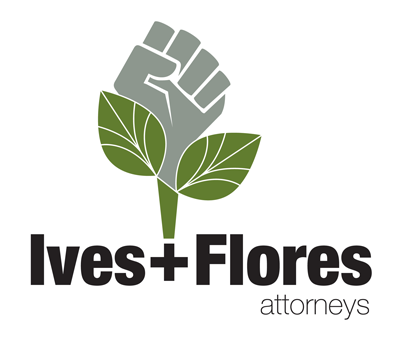The Freedom of Information Act (FOIA), enacted in 1966, serves to foster transparency and accountability in the United States government. This law grants the public the right to access records from any federal agency, fostering an environment where citizens can stay informed about government operations and decisions.
Understanding the rights provided under FOIA as well as potential violations of these rights are important for anyone who needs to access public information.
Rights under FOIA
Essentially, FOIA provides people the right to request, receive and review federal agency records, with certain exceptions. This right is often particularly important for journalists and researchers, but it can also be important for any member of the public who wishes to scrutinize government actions and hold public officials accountable.
Notably, FOIA applies to executive branch departments, agencies, and offices, regulatory agencies and federal corporations. However, it does not cover elected officials of the federal government, including the president, nor does it apply to federal courts. FOIA features nine primary exemptions, which protect certain sensitive information from disclosure, such as national security, personal privacy, law enforcement and proprietary business information.
Unless an exception applies, FOIA mandates that agencies must respond to requests within a specific timeframe, typically 20 working days. If an agency denies a request, it must provide a reason for the denial, and a requester has the right to appeal the decision.
Violations of FOIA
Violations of FOIA occur when a federal agency improperly withholds information that should be made available under the law. This can include failing to respond to requests within the required timeframe, unjustifiably denying requests or inadequately searching for the requested records. Agencies might also violate FOIA by charging unreasonable fees for searching for and duplicating records.
When FOIA rights are violated, requesters can potentially take legal action by filing a lawsuit in federal court. A successful legal challenge can result in the court ordering the agency to release the requested records and, in some cases, pay the legal fees of the requester.
